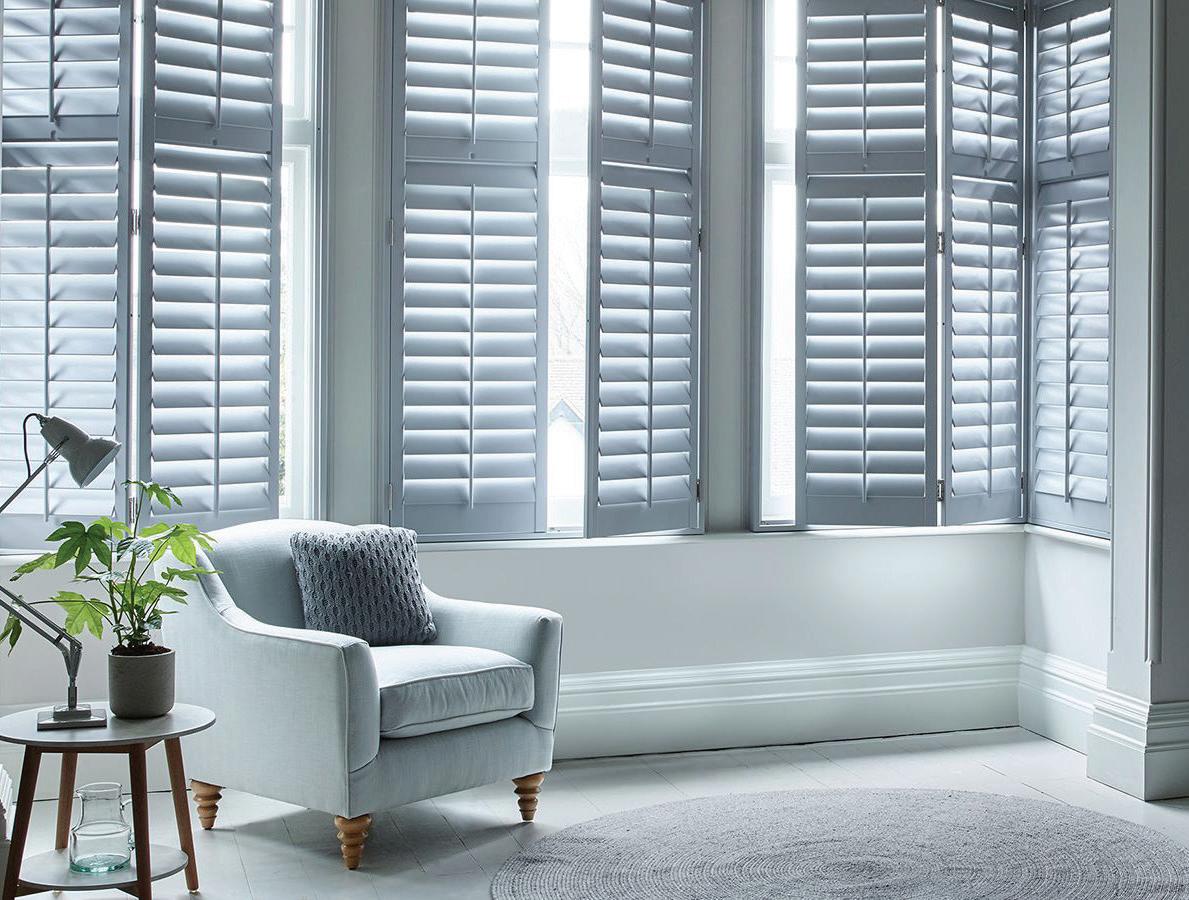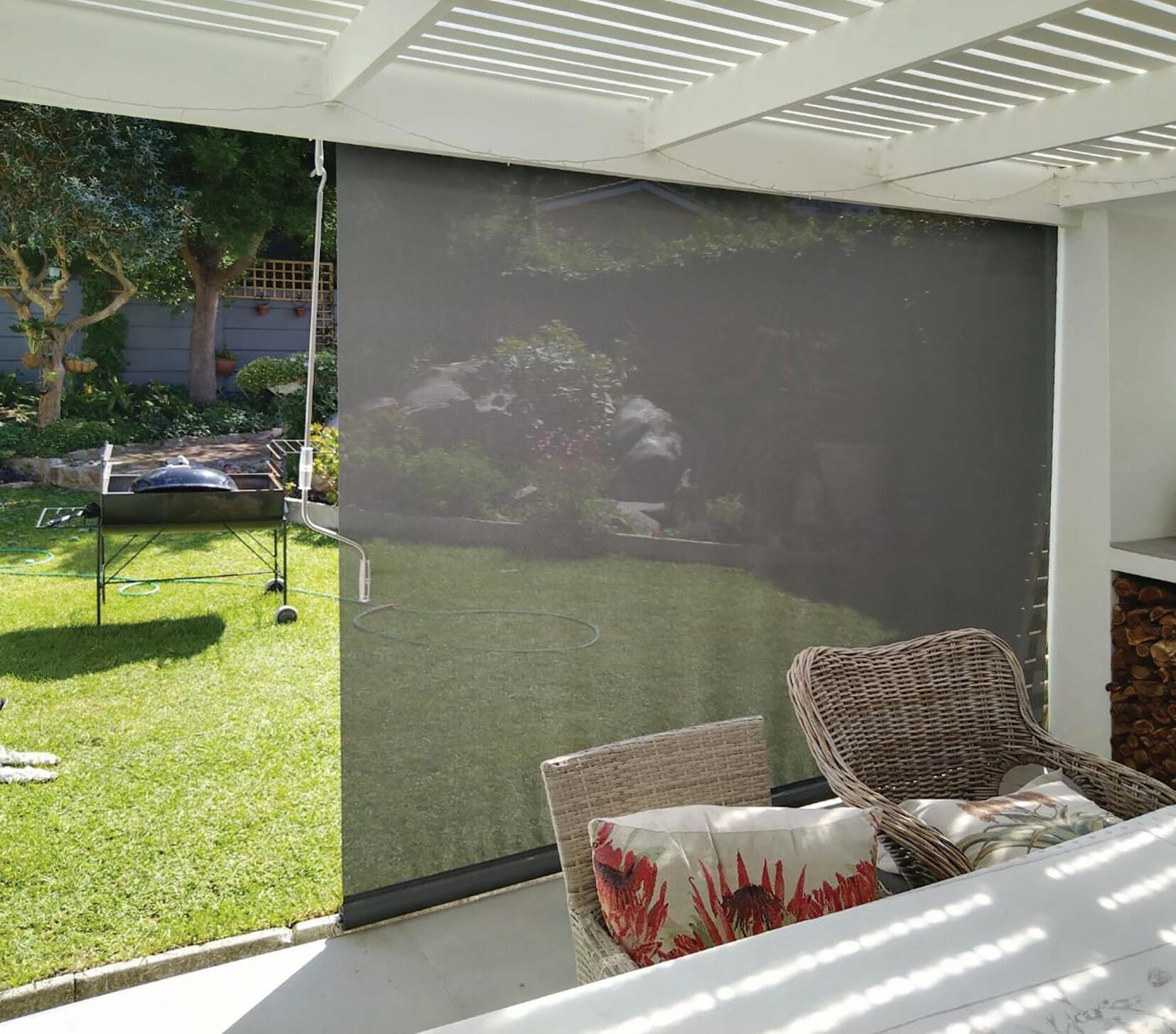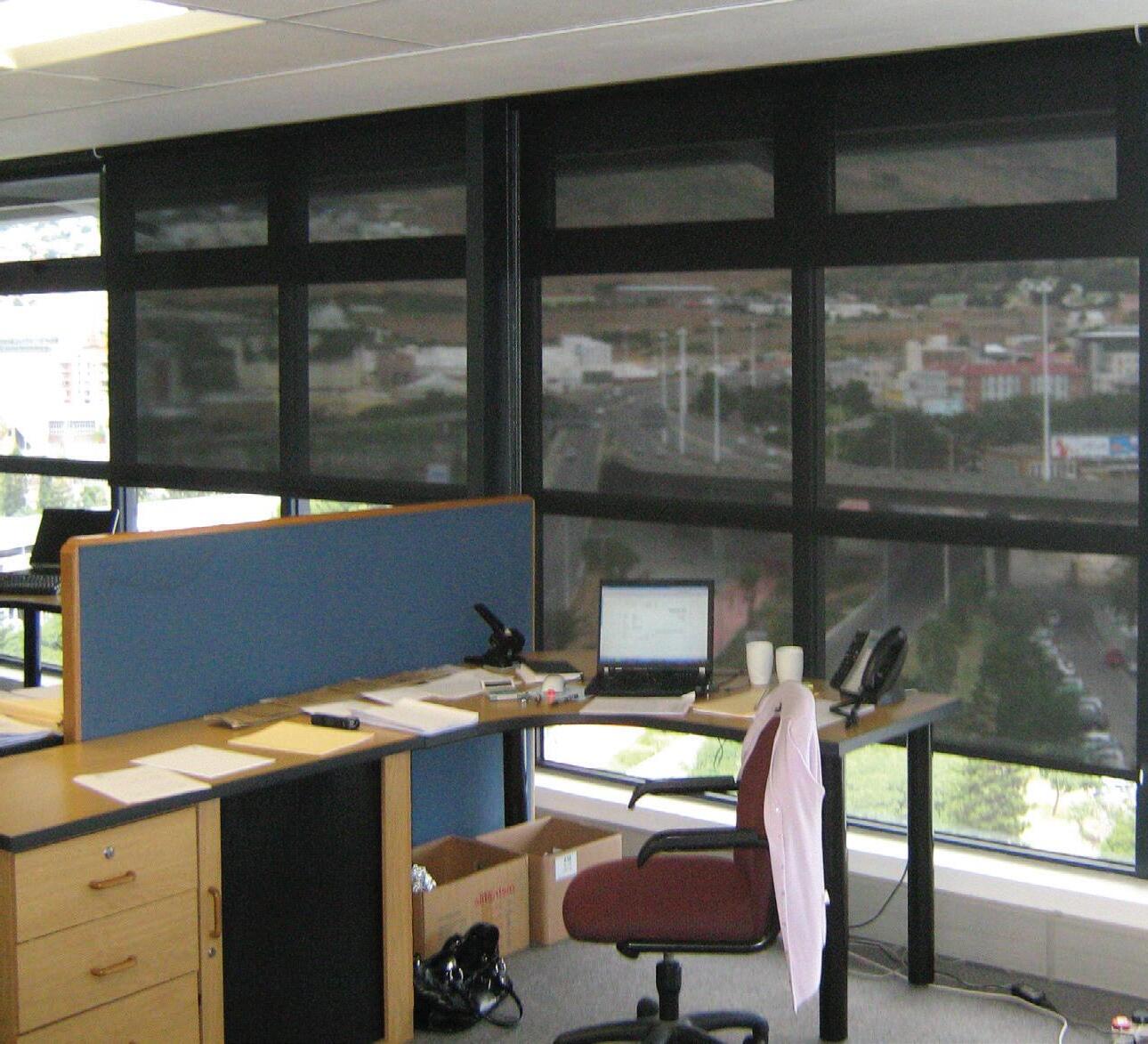




I moved into my first grownup house about 4 years ago. I call it a grownup house becausse it had a swimming pool.
As luxurious as it felt to now be an adult with parking and a pool, i didn’t count on the major downside of...Pool Maintenance.
First off, there are two types of pools: Salt water and Chlorine.
Both have their merits and down sides, and it’s actually up to you what you choose.
For a full discussion and guide to saltwater swimming pools, here are a couple of handy websites that can tell you more:
• What is a saltwater pool system? • Salt Chlorinators.
• Salt pool store. If, however, you have a traditional chlorine pool, we have a couple of tips to help you maintain that “luxury resort” feeling in your own back yard.
South Africa is blessed with perfect sunny weather most days of the year and while that’s the whole point of having a pool, it’s not so great for your pool water levels. Under normal conditions a pool should only lose about half a centimetre of water through evaporation each day. This can be affected by heat, wind and other evironmental factors, but if your pool loses dramatically more than this, it’s best to have it checked for leaks. Proper pool water levels should be maintained to allow your weir and pump system to remain submerbed and not fall victim to disruptive air bubbles.
To avoid evaporation, you can invest in a lightweight plastic pool blanket that floats on top of the water.
Pools are like toddlers. They need to know the boudaries and have a routine to rely on. Let’s just say...water has a mind of its own. The best way to ensure that your pool stays happy and presentable is to have a proper maintenance routine that you stick to. This can vary from season to season, and obviously the more you use the pool the more you’ll have to keep it in check, but once you have settled routine the chances of a lawn of algae growing overnight are very small.
As much as kids love a swimming pool, they also bring something to the party...it’s a fact that many kids (lets ignore the fact that grown ups do it as well) will freely urinate in pools. While one wee won’t make a difference, a whole pool party of kiddos spending a day drinking cream soda and swimming will be able to negatively affect your pool. Urine binds with chlorine, making it less effective, Algae feeds off of it and it can even impact the smell and clarity of your pool water...not pleasant.
Now look, i don’t like lying to kids, but i know of grown ups who have told pool users that there is a special chemical in their pool that turns bright pink when it encounters bodily fluids...enveloping the culprit in a cloud of embarrasing coloured water. If this sounds cruel, simply help your young guests by scheduling regular breaks and reminding them to use the bathroom before getting back in the pool.
Read more online about: Being Water Wise.


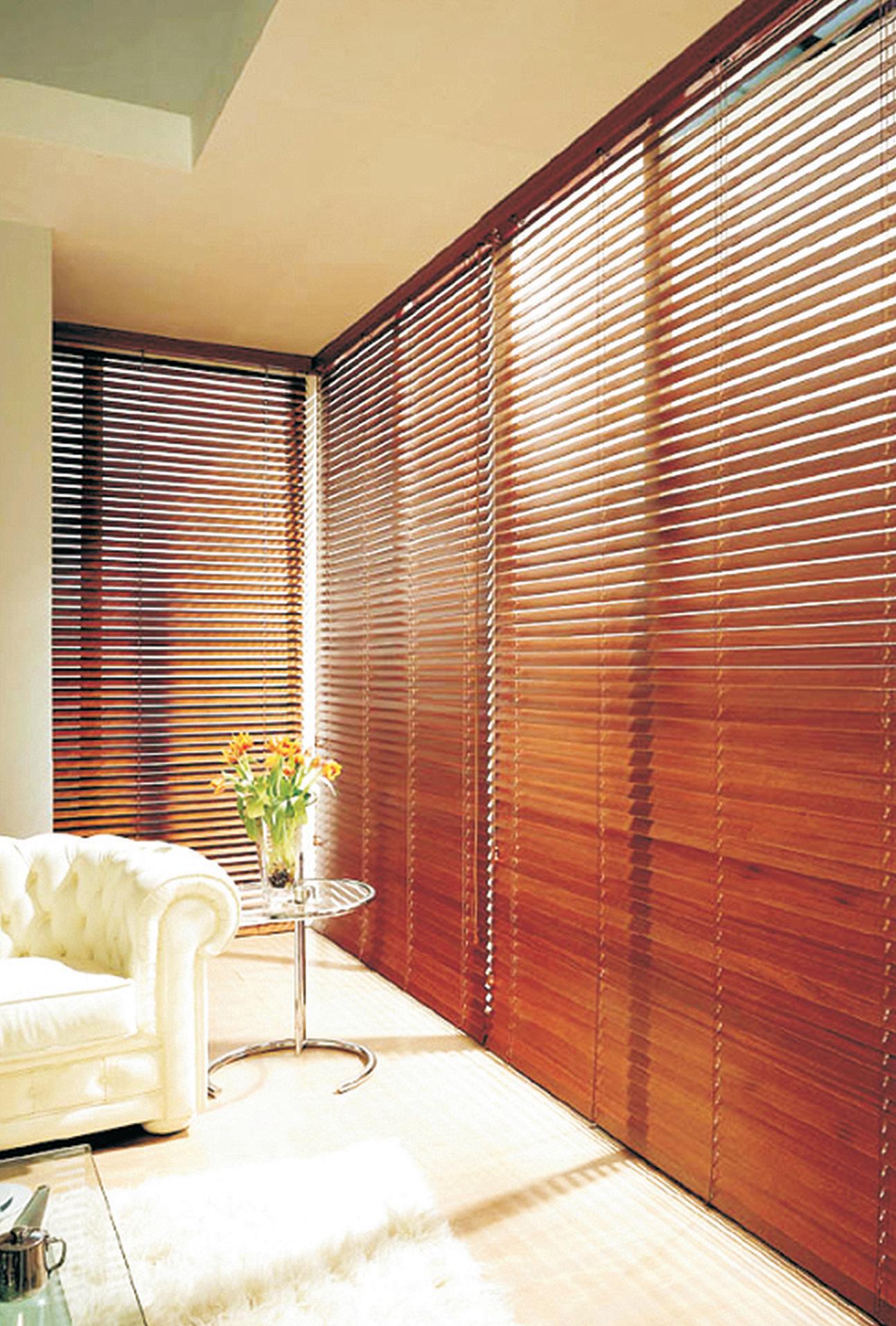

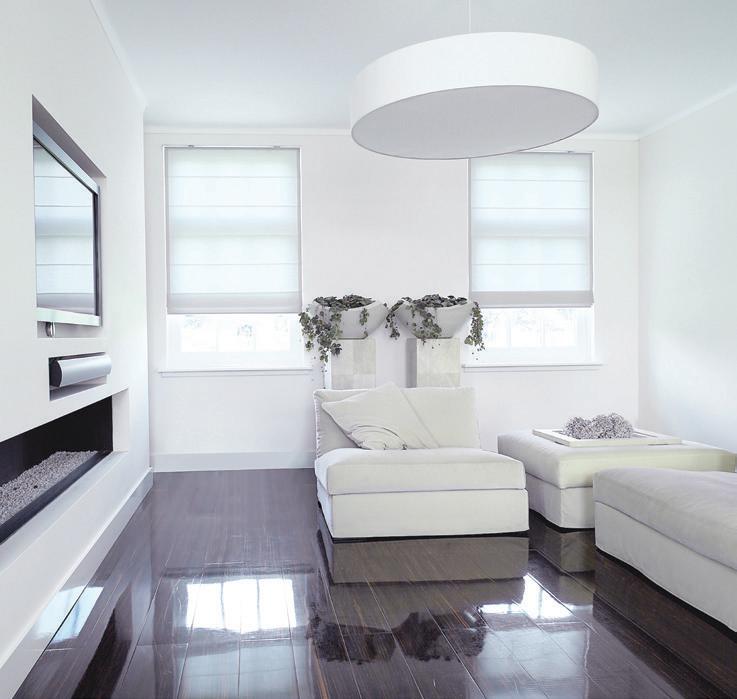
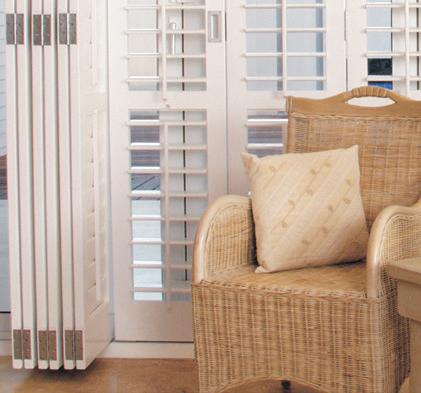


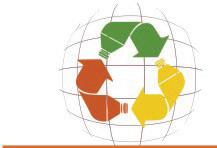

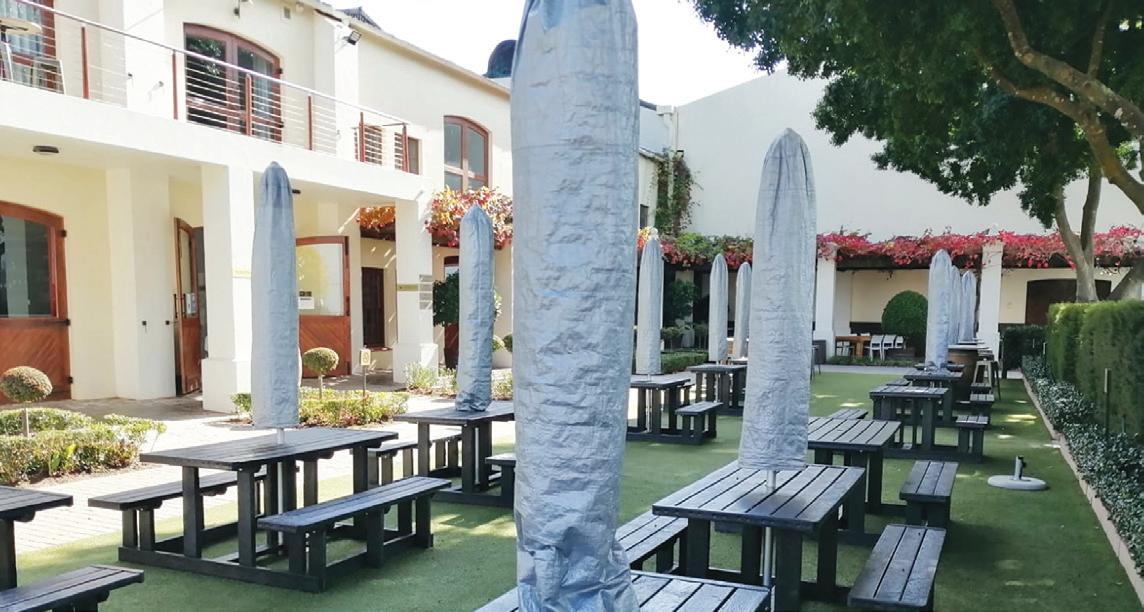
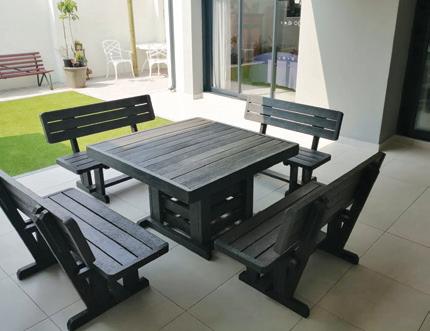
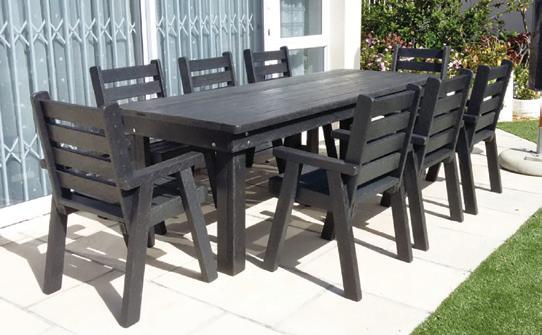
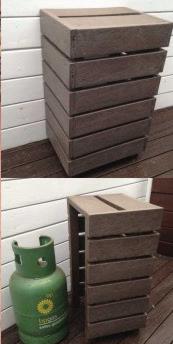

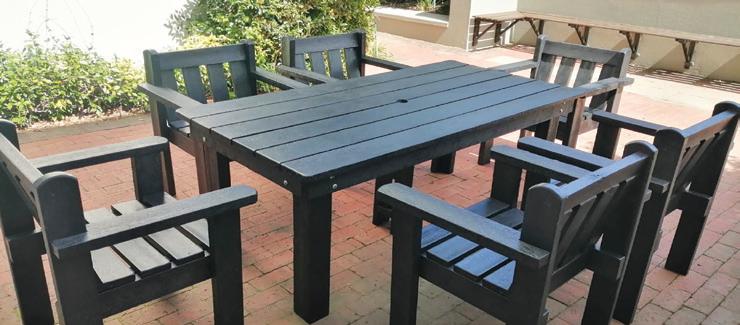
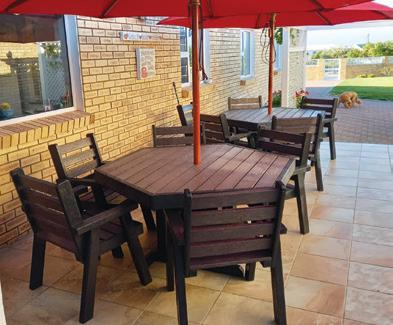
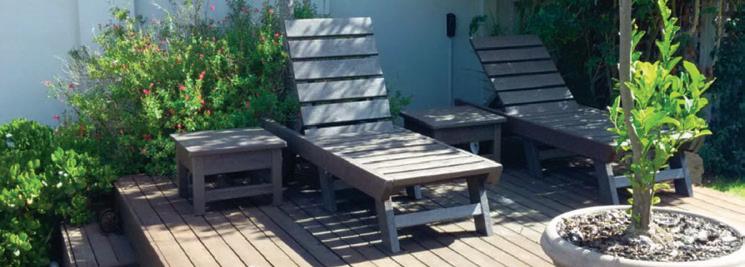
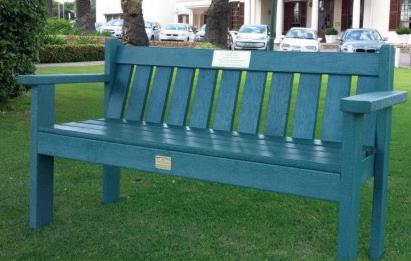

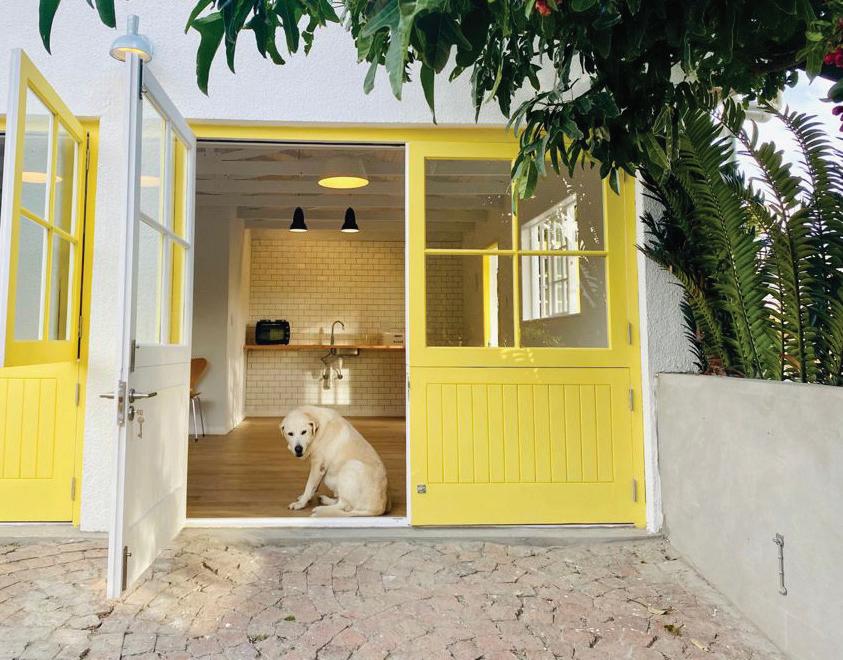
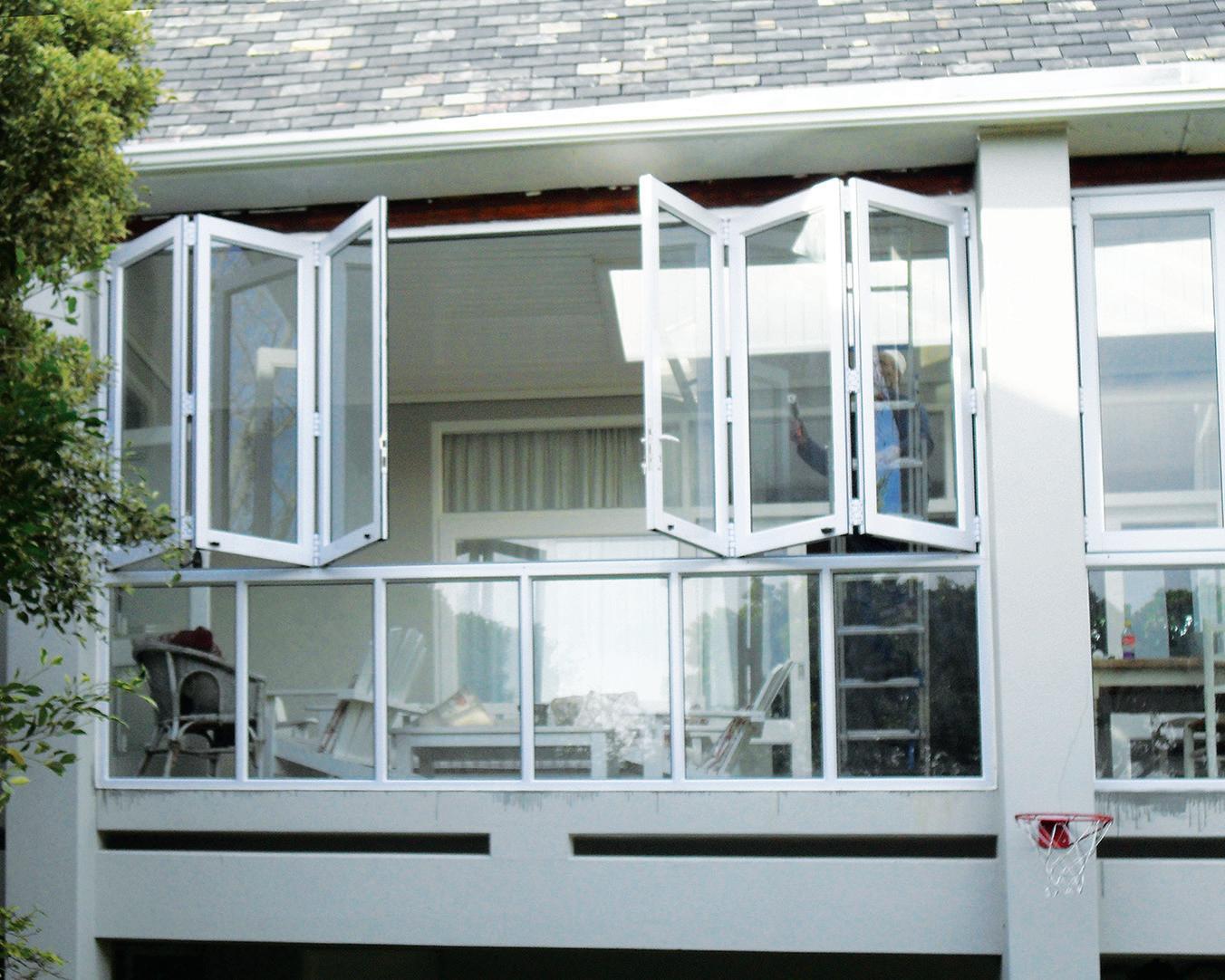

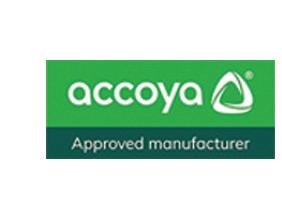

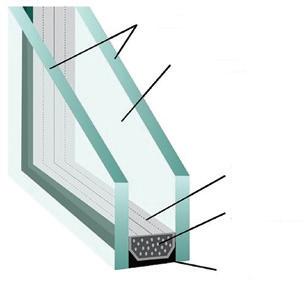









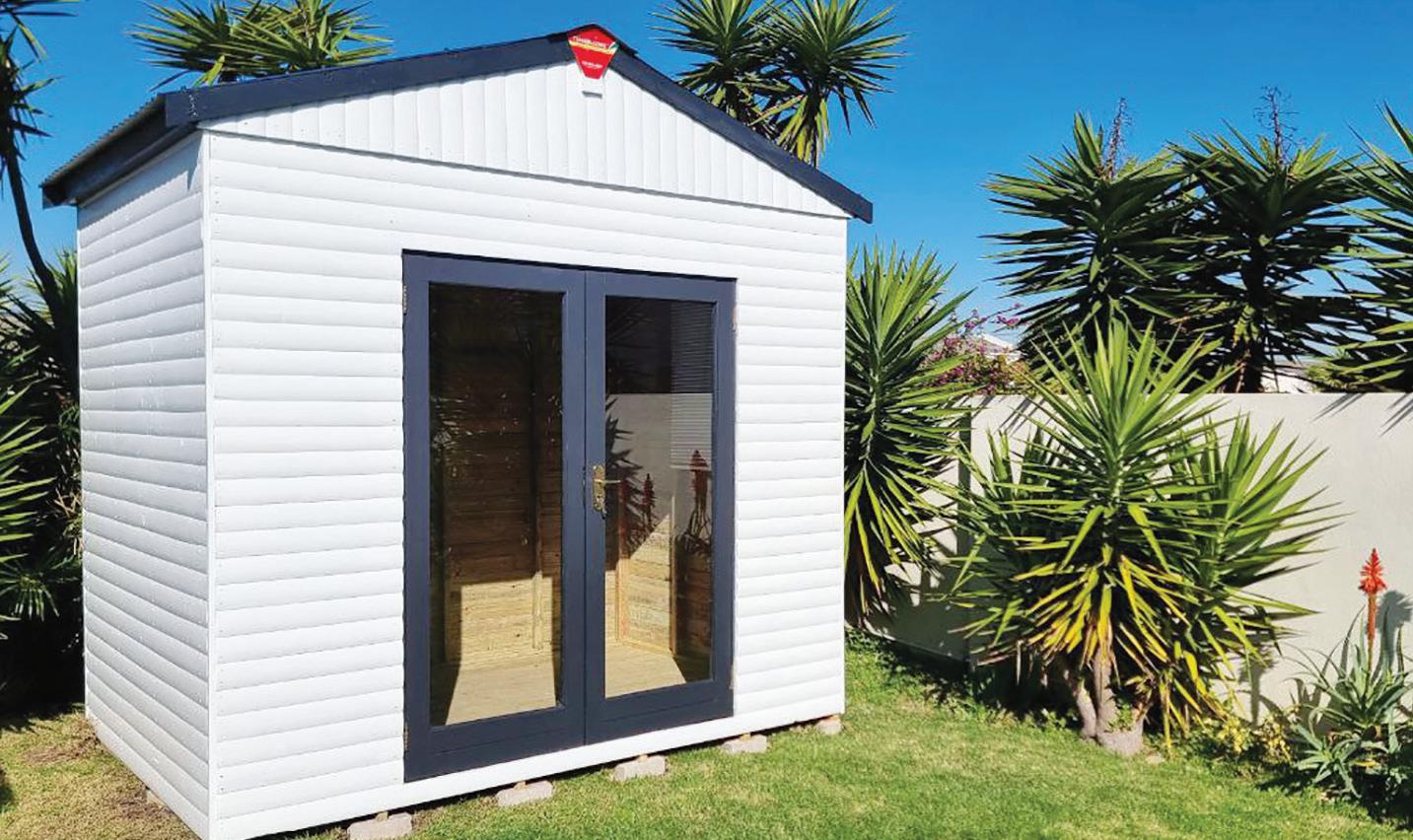
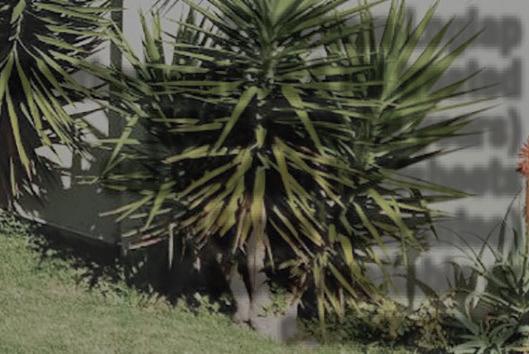
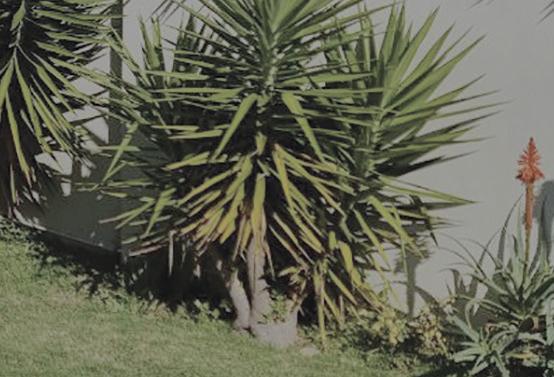


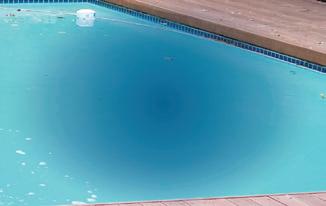
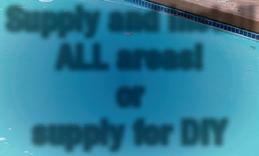

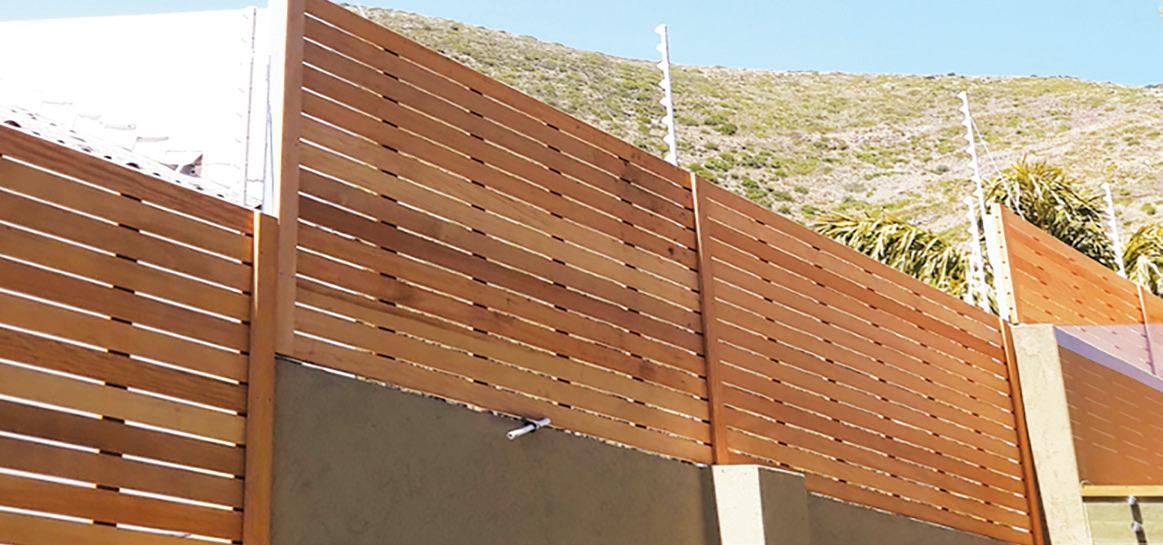

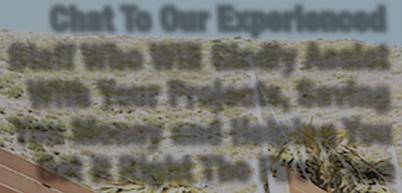
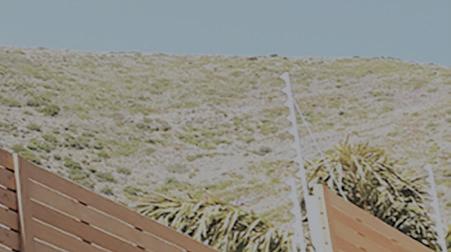
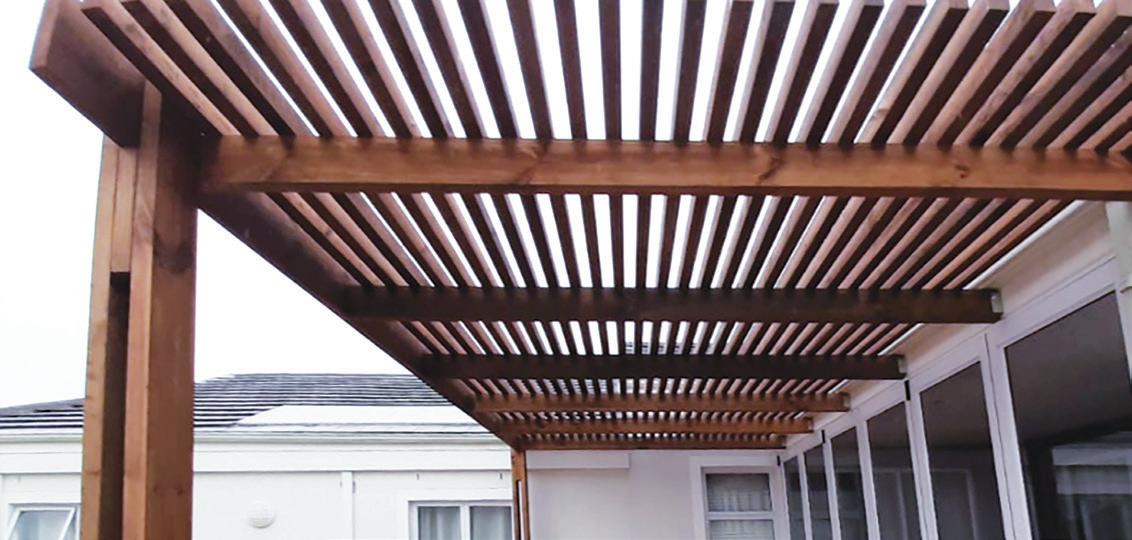




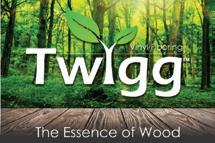





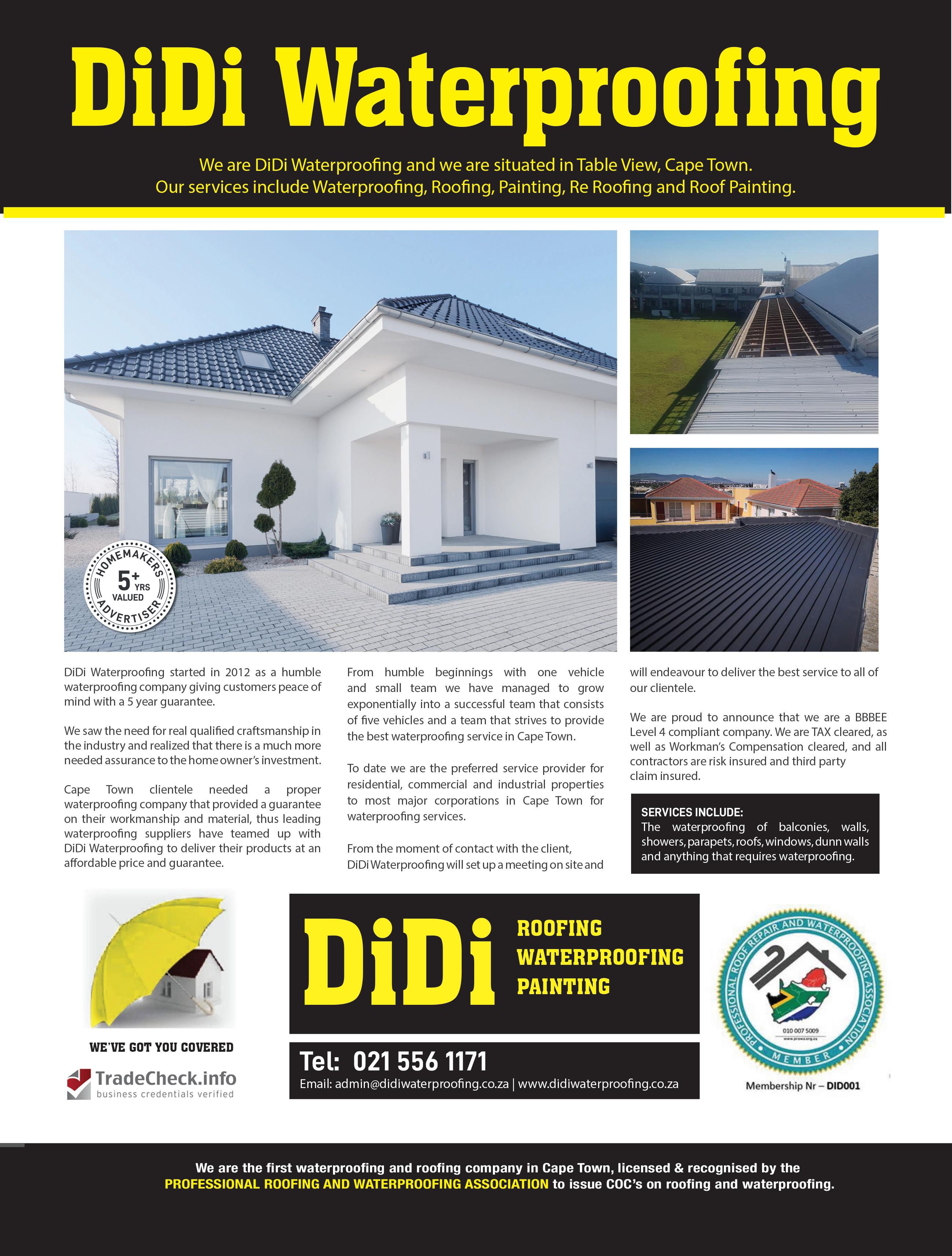

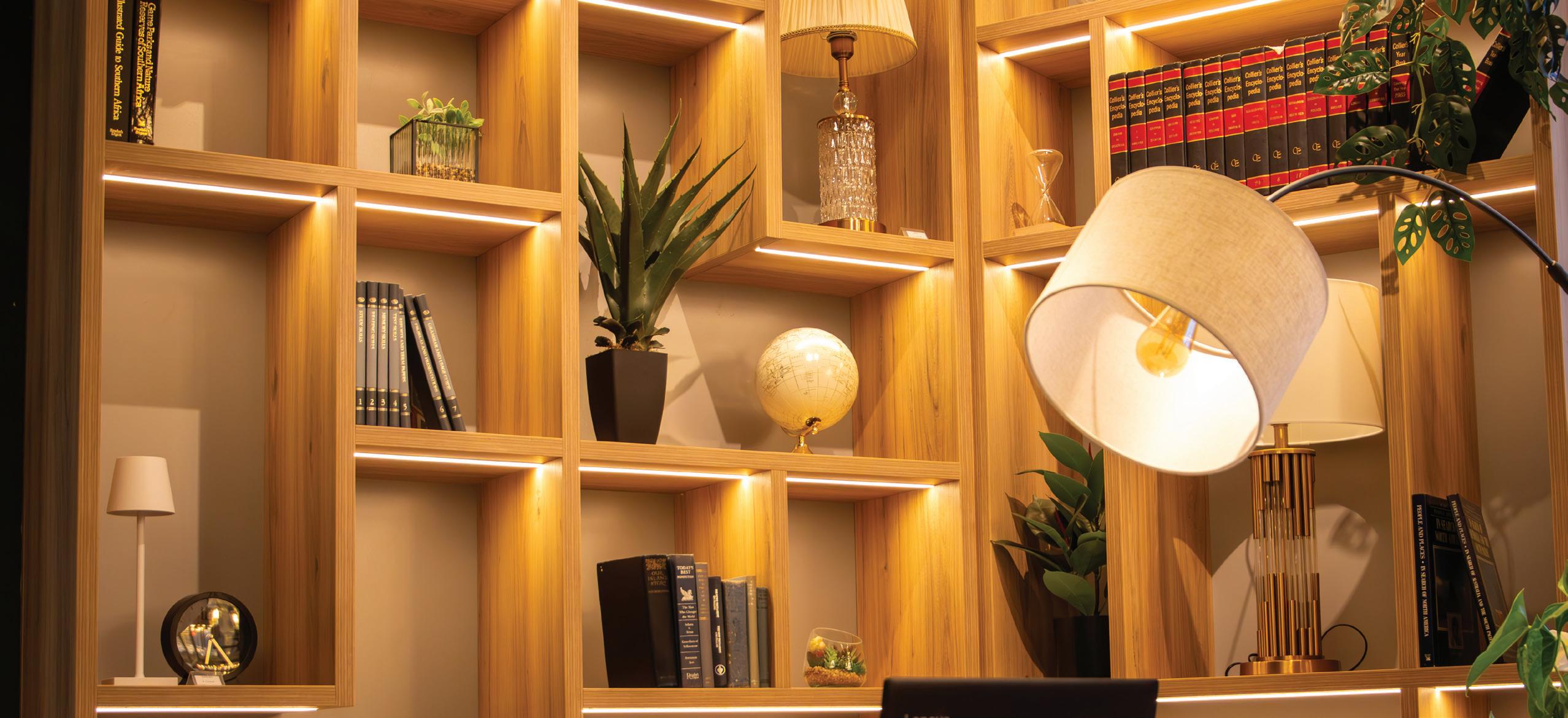
Get ready to turn your dreams into reality! We are thrilled to introduce Domani Vista, our brand-new showroom in Cape Town. Want to make your space shine? We’ve got you covered! Step into a world of illuminating possibilities and discover the perfect project solutions at Domani Vista.
Project Lighting • Custom Furniture • Eco-Friendly Solar Solutions • Luxury Composite Decking
Create a spectacular outdoor living experience with luxury composite decking. Royal Decking offers a turnkey solution for the refurbishment of the entire outdoor area, from conception to completion, including design and project planning, tailored to your needs and preferences.
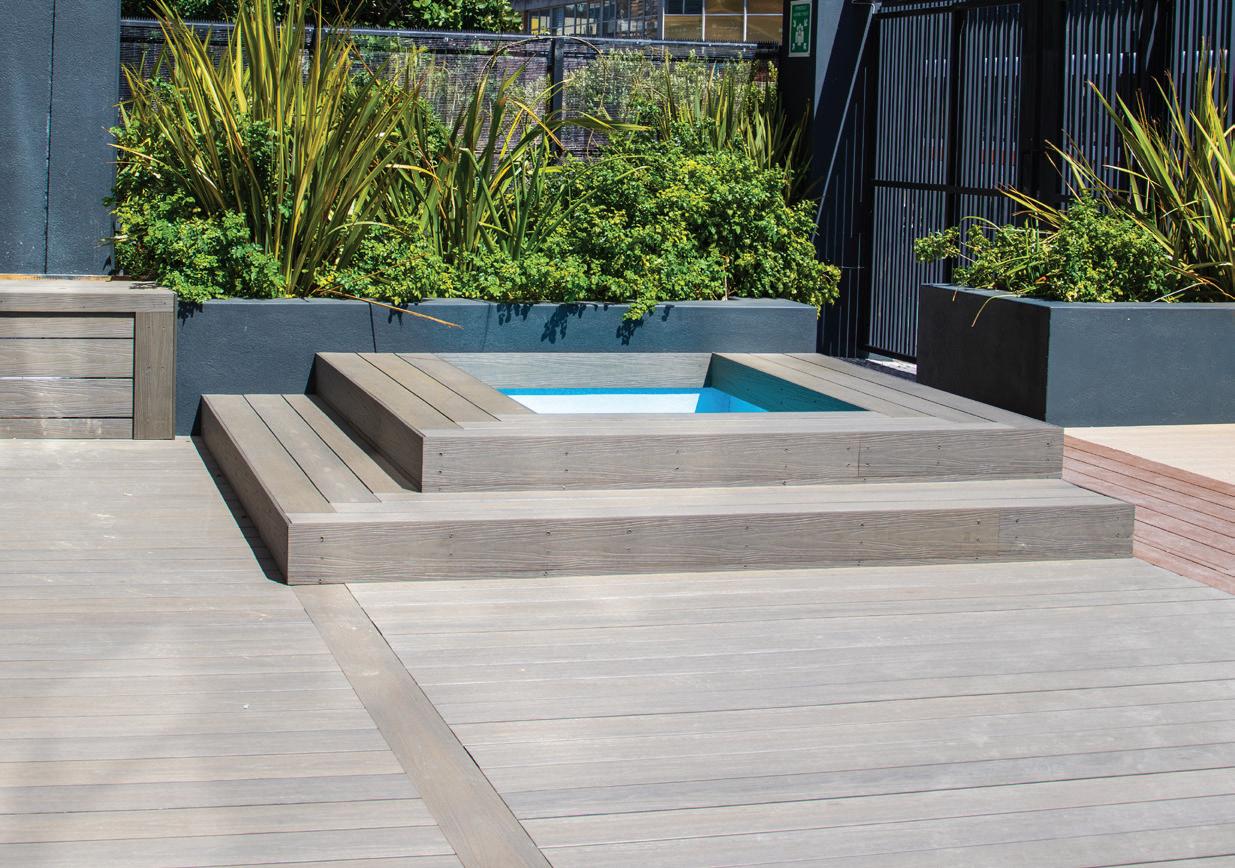





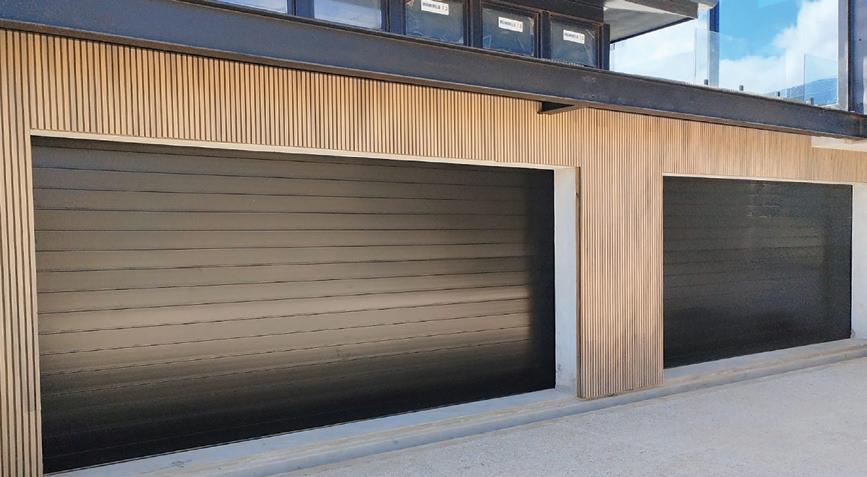
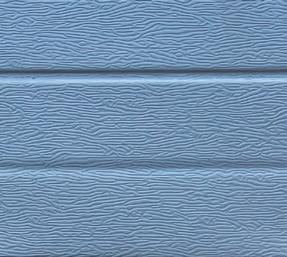
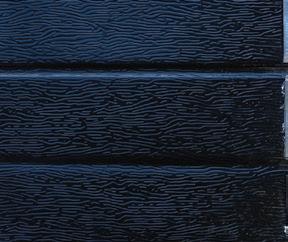
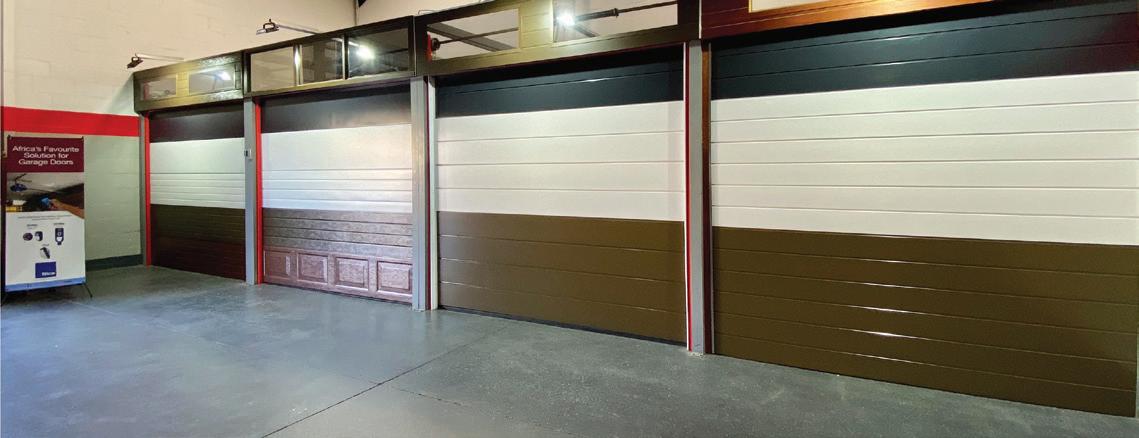
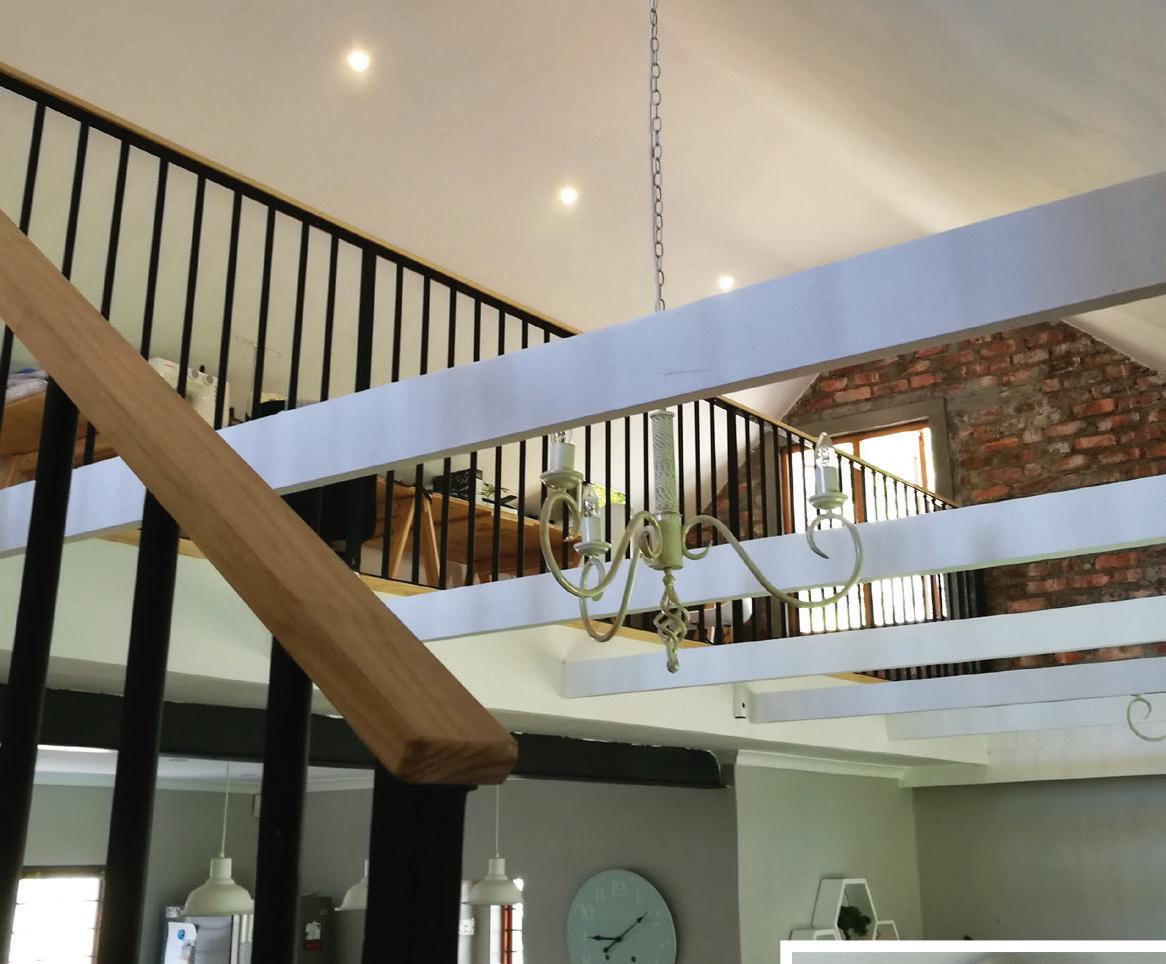

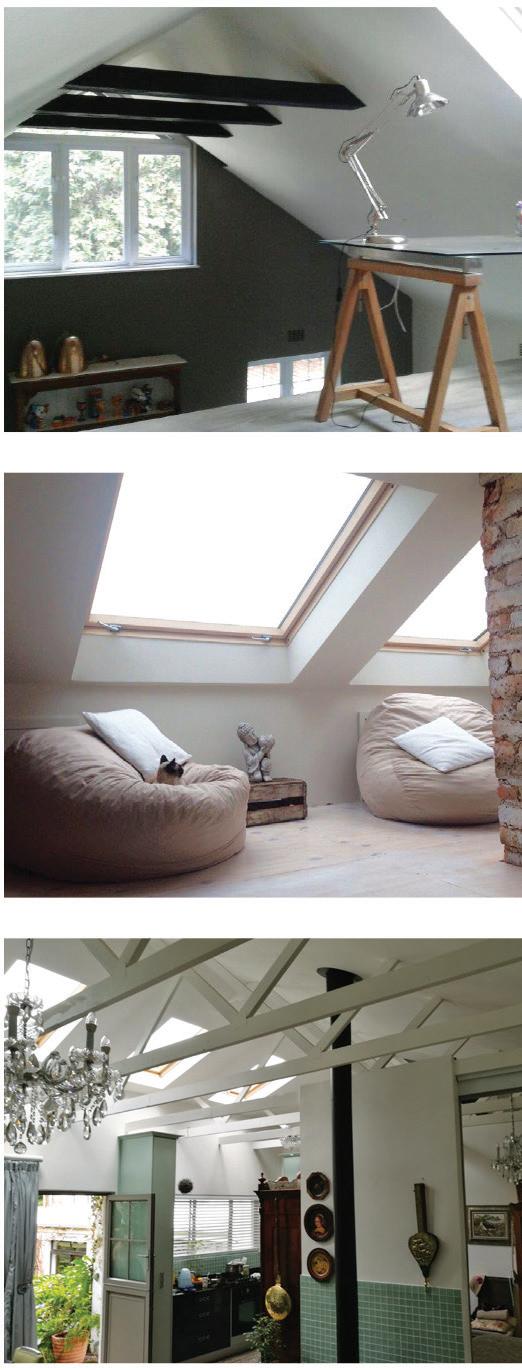







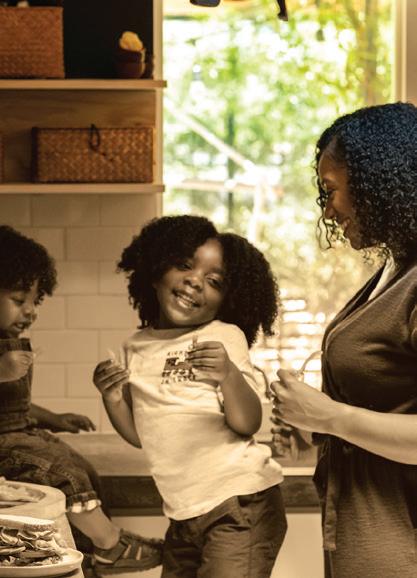

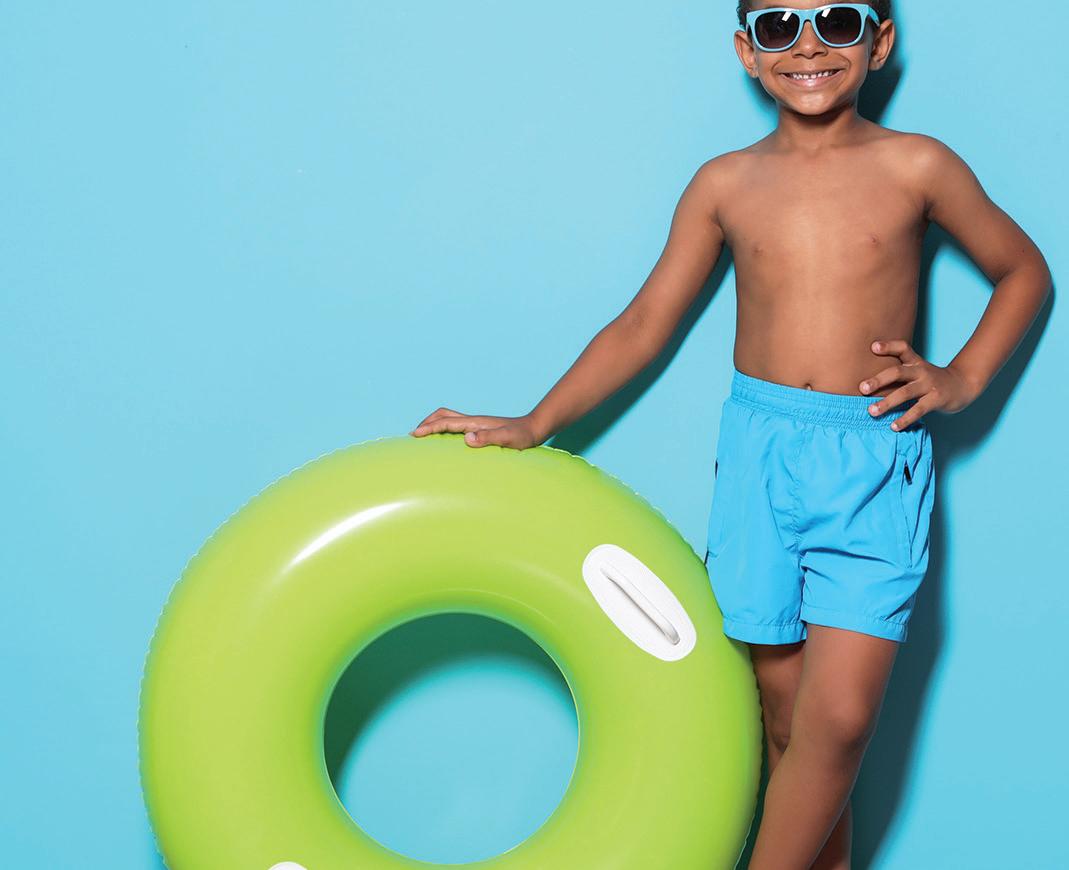


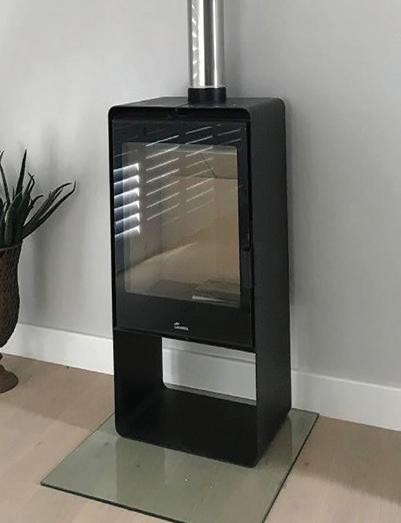
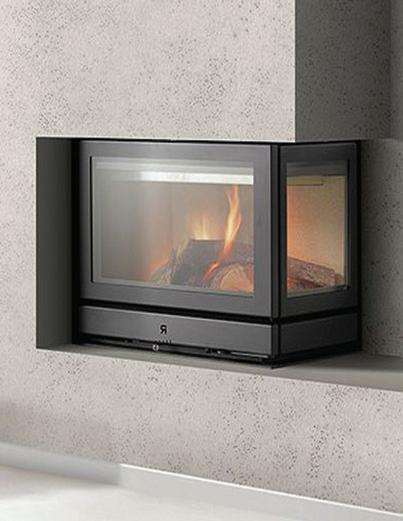



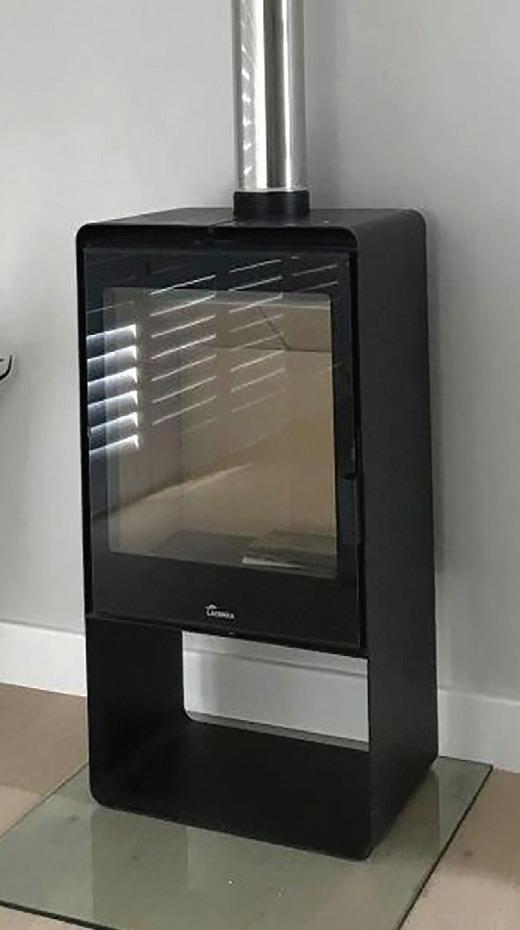

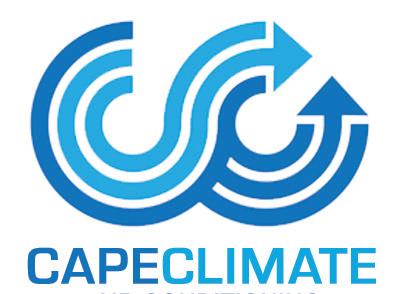


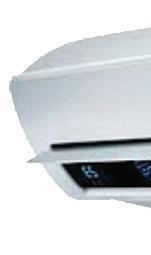
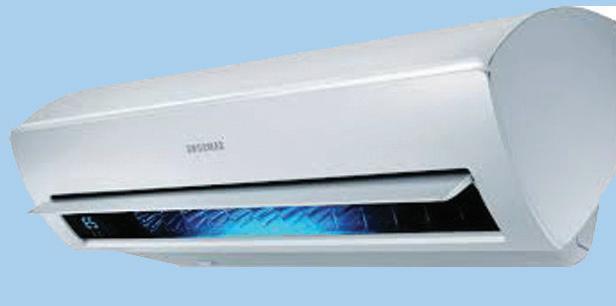
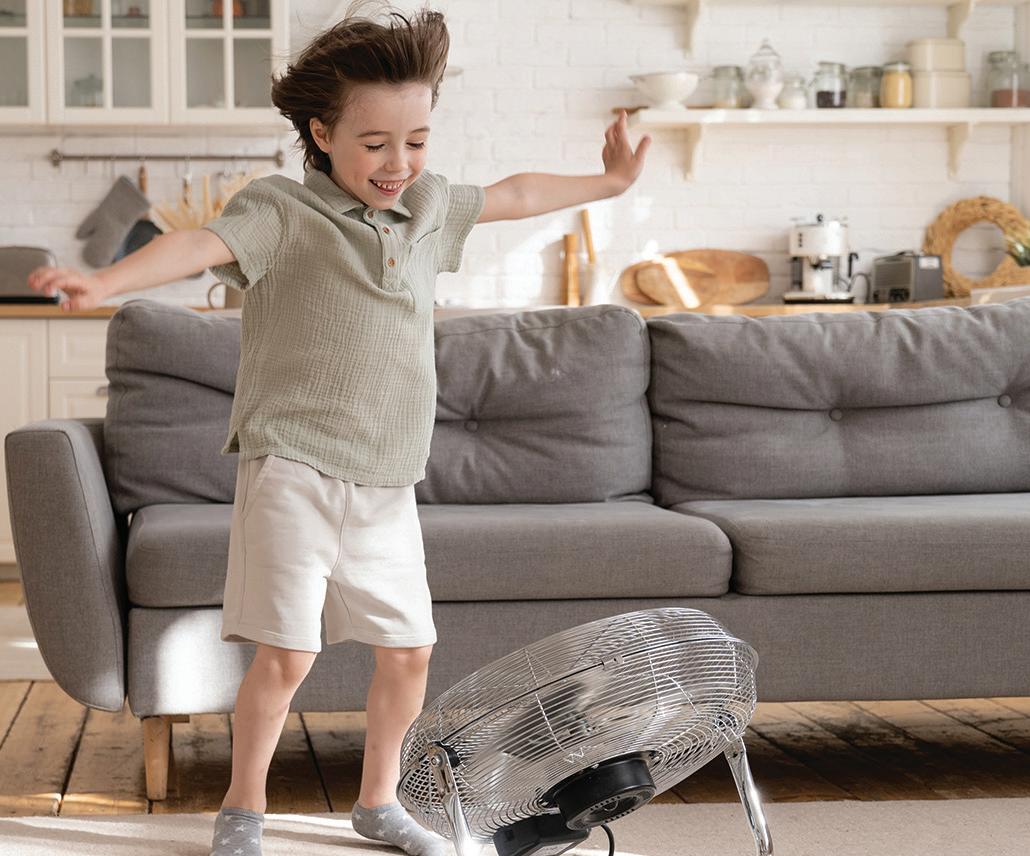
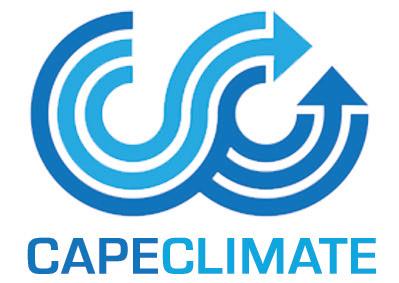



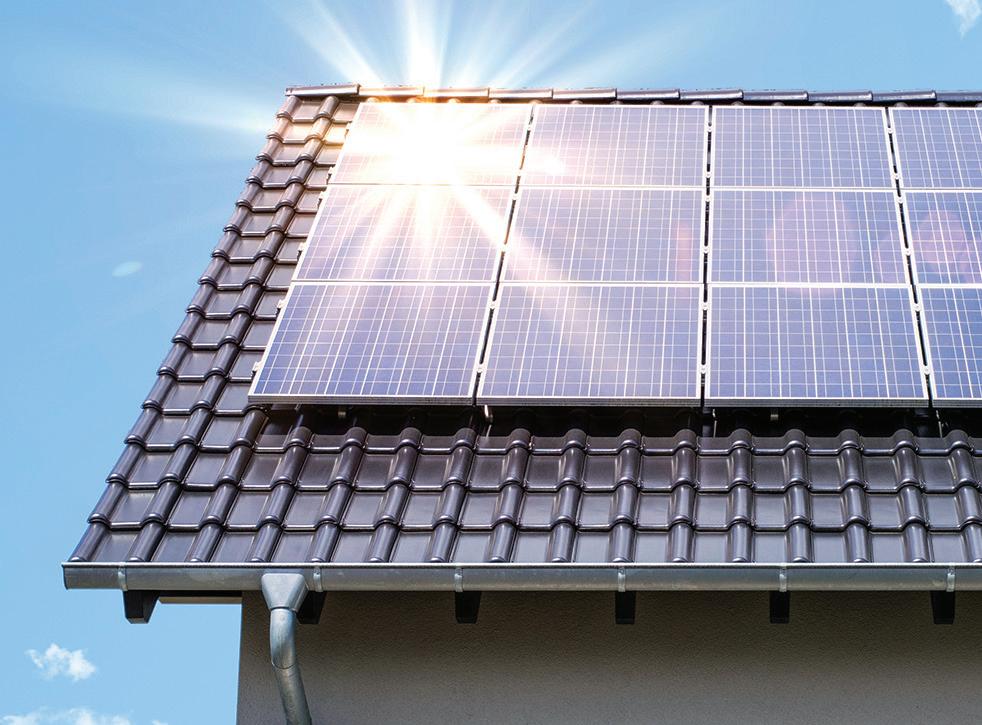








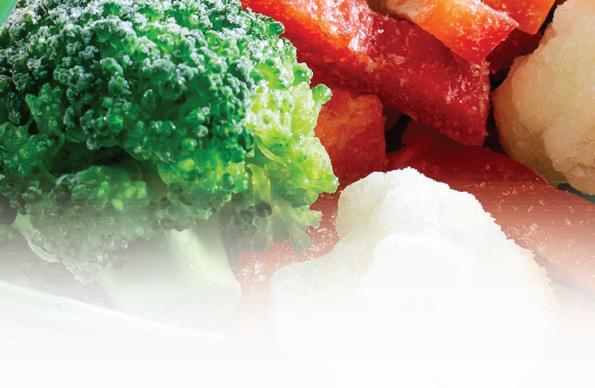
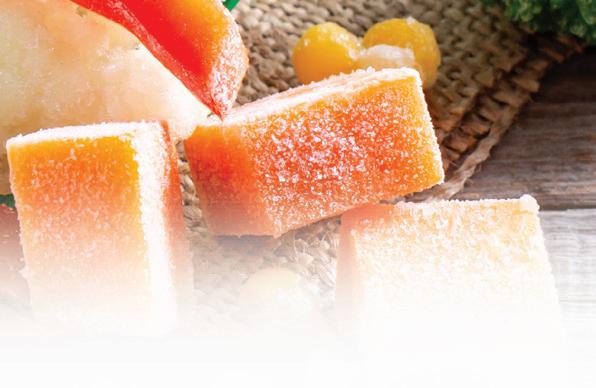
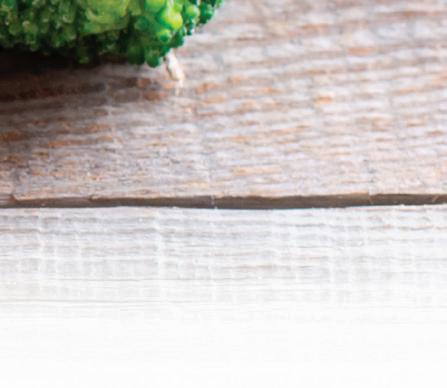
Your secret weapon in the food fight.

Freeze the midweek meal meltdown.
Innovations in food processing technology, a new understanding of nutrients and healthy eating and a growing awereness of food waste have all influenced the market for frozen vegetables.
I thought frozen was unhealthy.
Nope - For many reasons, frozen is perfectly fine, healthy and beneficial. First of all, how often do you buy and cook fresh peas? Well, a frozen pea is better than no pea. In fact, frozen peas are much better than fresh ones, because they get flash frozen withing a couple of hours from being harvested. So called “fresh” peas are usually nearly a week old when they reach your shopping basket. The same goes for baby carrots, sweetcorn and cauliflower.

Frozen fights waste.
You know the bag of fresh green beans in the bag of your fridge’s veggie drawer? Or the “steaming” bag of broccoli that’s just lying there, gently decomposing, and wafting that distinct brassica smell through the fridge? Unless you are planning on eating that TONIGHT, chances are they’ll be chucked in the bin by the weekend. With frozen vegetables you don’t have this problem. Most frozen veggies can be kept in your freezer for anywhere from 3 to 12 months, and even then, they might lose a bit of taste or texture, but you should still be able to add them to soups and stews.
Frozen food is processed, but not in the bad sense.

already cooked frozen food. Buying basic frozen vegetables is not the same as processed and therefore unhealthy food. It’s best to check the labels before you buy but frozen veggies do not contain added sugar or sodium, so they have all the goodness of fresh without the fuss.
Generally, frozen fruit should not be thawed and eaten raw. While it’s not necessarily bad for you, it’s just not very tasty. Some of the fruit that is best frozen are all kinds of berries. This allows you to enjoy them all year round, without paying those exorbitant imported fruit prices at your local grocer. Frozen berries also end the need to add ice to your smoothy, watering it down. (And who likes a room temperature smoothie anyway?)
The science supports this.

There have been numerous studies supporting these claims, and even though there might be a slight decrease in the nutritional value of some frozen foods, that decrease is seen as negligible compared to the overall benefits of eating any type of vegerable at all.
The foodies are onboard!
The stigma around eating and even serving frozen food to your guests is quickly disappearing. Celebrity chefs like Nadia Hussein, have been using them in her meals for ages. She is all about quick, healthy and home cooked meals to help normal people get through the week without hitting the drive through.
Read more online about: Frozen Food pro’s and con’s.



We hear a lot about the health risks of frozen foods, but this relates to ready meals, processed meats and other types of
We hear a lot about the health risks of frozen foods, but this



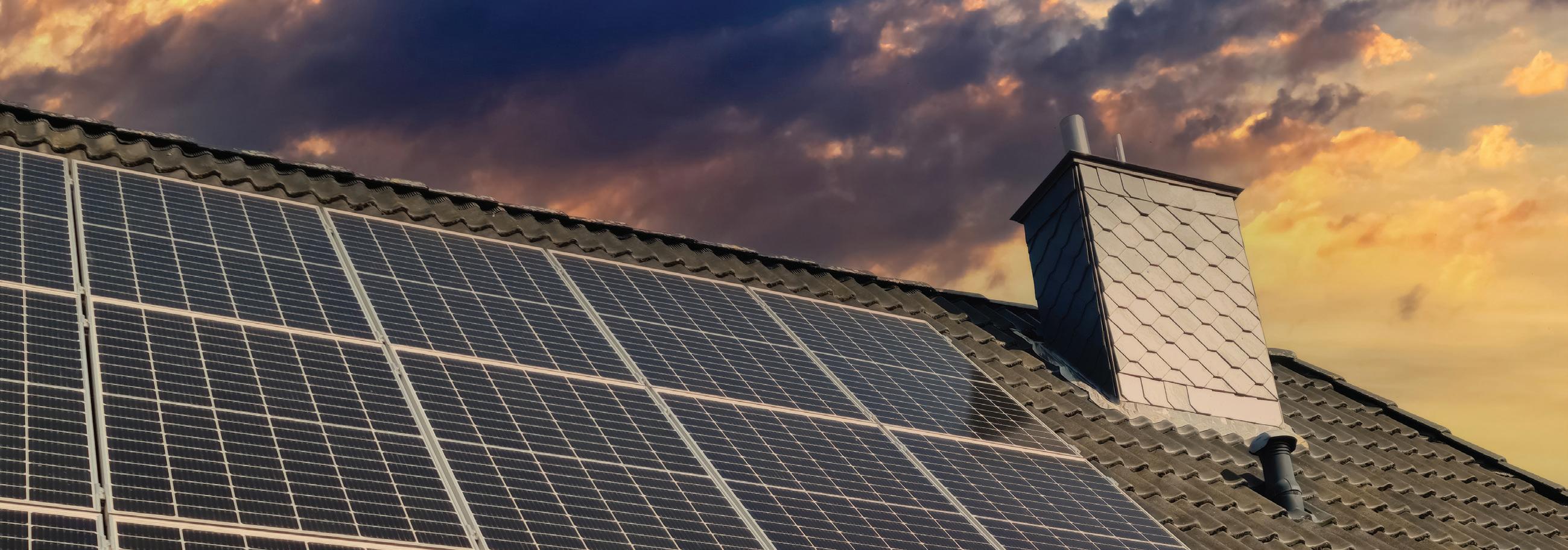



At the risk of sounding like a broken record: Loadshedding is here to stay. It won’t help to lose your temper or get policital... it’s just a fact of life.
Luckily the state and our financial institutions have decided to give us a bit of a break...even though they can’t keep the lights on.
This incentive allows South African’s to claim 25% of the cost of a solar installation back from their taxes in the 1 March 2023 to 29 Feb 2024 financial year. (Up to a maximum of R15 000 per individual.)
For a full discussion on the minutia of this incentive, you can read these highly informative discussions on the matter.
• Tax incentives for solar panels and renewable energy projects.
• Is the solar tax incentive worth it? We do the math.
• Solar tax incentives for individuals and businesses.
If this isn’t enough incentive to start using our abundant South African sunshine to keep the lights on, a number of local banks are offering favourable financing options to home and business owners.
All of our biggest banks now have dedicated solar financing instruments and they seem to be committed to keeping the economy (and our home lives) plugged in.
This highly informative and well researched article gives a
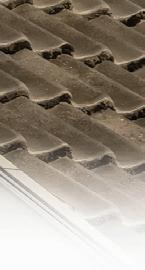
full and detailed breakdown of what these financing plans entail and how you can get the best possible value for your money.
Eskomnews.co.za

The banks that currently offer solar financing in the form of personal loans include:
Standard Bank • FNB • Nedbank • Absa • Discovery Bank
Al Baraka Bank (Certified Islamic bank) • Investec Bank
Wes Bank
Most of these financing options are still categorised as “personal loans”. This means your individual credit score and your initial deposit might influence your monthly premiums and interest rates.
We particularly like the phrasing of the Absa product, which describes it as “loadshedding solutions” so you can use the financing for anything from a simiple UPS (uninterrupted power supply) to a full hybrid solar system with panels, inverter and batteries. This gives you the freedom to pick the solution that works for you.
We know these financing options aren’t a cure all - for example many of them require that you own the property you want to do the installation on, and like any form of personal loan, bank statements and salary slips, or proof of income is required, as well as the usual RICA personal information (proof of residence and valid ID.)
Read more online about: Why change is a good thing.








